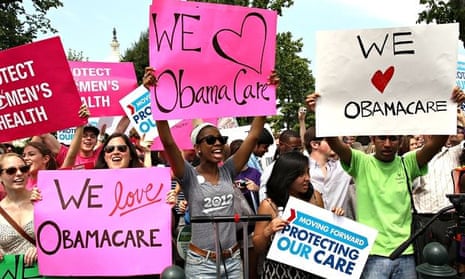Consider a scenario. You hurt your foot. It doesn’t feel better after a couple of weeks so you go get it checked out. You arrive at the GP but have to hand over £20, a fixed charge required before seeing the doctor, or a co-payment as the health insurance company calls it. You are given some sheets of paper and told where to go. The nurse comes, takes some notes about the foot but spends most of her time annoyingly trying to sell you other services including inoculations.
You are furnished with more sheets of paper and dispatched to see a doctor who, along with a physio, tells you it is highly unlikely you have broken anything but to get an x-ray just in case. You hand over your mound of paper at the x-ray unit. “That will be £35 co-payment”. With no sign of a break you leave with your pile of unnecessary paperwork and the knowledge that on top of the £4,000 you are already paying a year for health insurance you have to pay at least one additional charge every time you see a physician.
Welcome to private insurance-based healthcare, US-style, which I recently experienced to my cost and just an inkling of what, if Nigel Farage and others have their way, the UK could see in the not too distant future.
While the scenario above cannot begin to do justice to the breathtaking complexity and exorbitant expense of the US healthcare system it serves as a warning of what might lie ahead in the UK. The flaws in the US healthcare system have been thoroughly chronicled. Over the years it has been subject to challenges and searing criticisms including for wasteful administration costs, expense, lack of access - especially for those on low-incomes – and being profit-motivated which means it generates various perverse incentives through fees for overtreatment and extraneous tests.
Some of the starker aspects of the system were ameliorated (to a degree and amid much controversy) by the Affordable Care Act, or “Obamacare” as it is euphemistically known, which was passed in March 2010. It extended insurance coverage to millions of people for whom it was previously unavailable through employers’ schemes or was unaffordable on the private market.
However, the system now in place, even with Obamacare, has so many types and tiers of policies, variations by state, a potpourri of healthcare providers and medley of upfront charges it is enough to make your head spin. Even if you scrabble together enough money to get insurance, the policies can be incomprehensible with some of the cheaper policies, namely those with smaller monthly premiums, having limited cover with enormous “deductibles” – a sum of money (in some cases thousands of dollars) that must be paid before insurance cover kicks in and which comes on top of monthly charges.According to Linda Sharp, a board member at Doctors for Global Health, a not-for-profit organisation that exposes health inequities, this is just one glaring example of how even with Obamacare reforms accessing treatment can be beyond the reach of many people. The act “is an improvement on what came before” but over 20 million people remain without insurance. Sharp says the astronomical costs of cover, even for policies that are far from comprehensive, remain a real barrier to proper care. Moreover, she points out, the notion that a system driven by profit results in better health provision “has been proven to be wrong time and again”.
The next time someone like Farage claims the UK can’t afford the NHS and promotes private health insurance as the “efficient” alternative, think about how medical costs are still the leading cause of bankruptcy in the US.Think about the fact that the US healthcare budget is higher than the next 10 biggest spenders put together and that national healthcare spending per person shot up by 72% between 2000 and 2010 alone. Consider also that over the past decade average health insurance premiums in the US have soared (not just for the poor) while wages have failed to keep pace. Claudia Chaufan, associate professor at the University of California, San Francisco points out that even people with insurance are not seeking help because “they cannot afford to actually use the policies they may afford to purchase. In 2012, 80 million people in the US [around a quarter of the population] reported that, during the past year, they did not go to the doctor when sick or did not fill a prescription because of cost”, she says.
The US system has its merits of course – if you can afford it – or if you qualify, for example as a pensioner or disabled person, under federally funded programmes like Medicare and Medicaid. Given the choice I’ll take a system every time that is free at the point of delivery for all. I’ll take an NHS that is adequately funded by pooled taxation, run in the interest of all citizens, and which does not overtreat and overcharge some while excluding millions and bankrupting others if they are unlucky enough to get sick.







